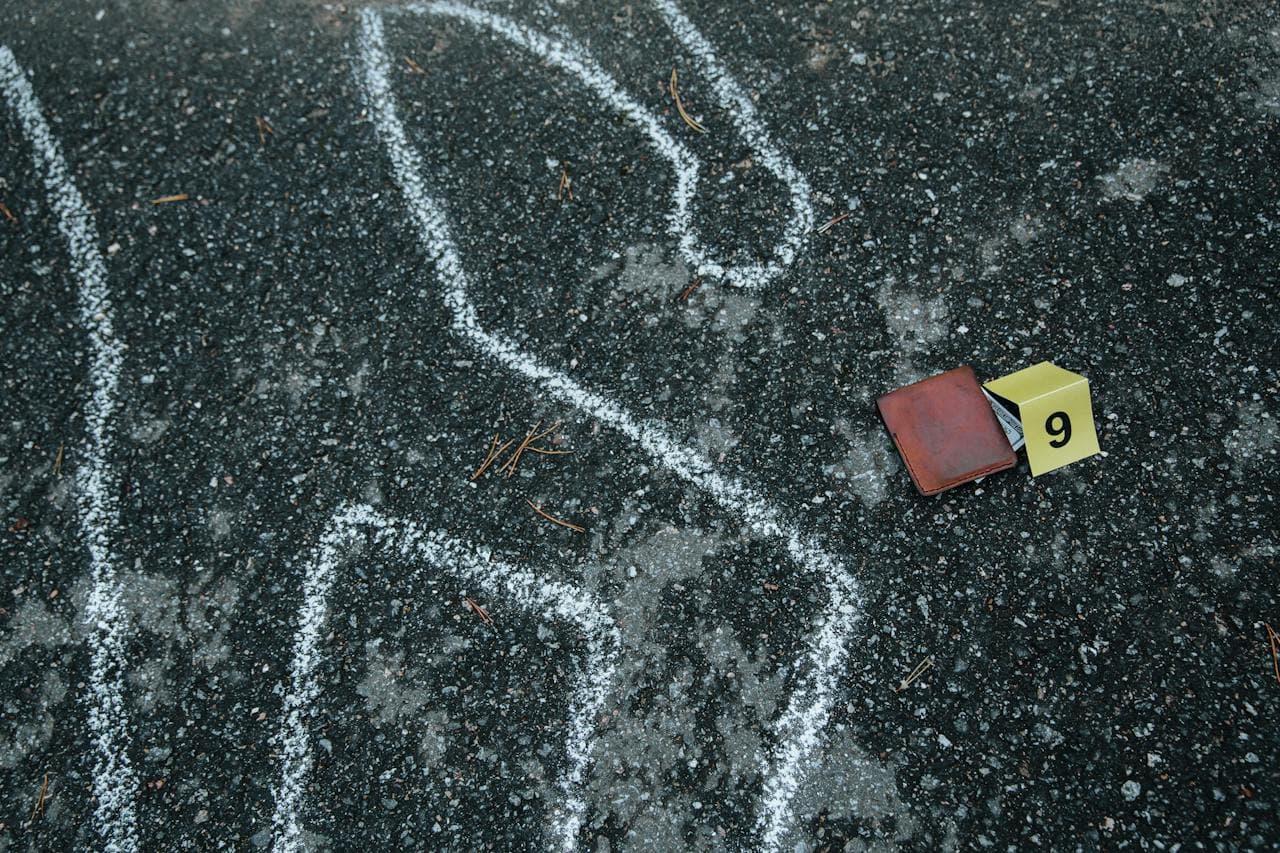Salvadoran journalist Javier Antonio Hércules Salinas was shot and killed in Santa Rosa de Copán, Honduras, about 200 km northwest of Tegucigalpa. Gunmen ambushed him while he drove his taxi, a side job to support his family. Hércules, who worked for A Todo Noticias, had lived in Honduras for five years with his wife and children. Despite state protection since 2023, he became the latest victim of violence against journalists in one of Latin America’s most dangerous countries for the press.
Hércules was enrolled in Honduras’ Protection Mechanism for Human Rights Defenders, Justice Operators, and Journalists, designed to shield those at risk. The system failed him. Local police confirmed the attack, and many link it to his reporting. Dina Maza, executive director of the Association for Democracy and Human Rights, said the killing stems from Hércules’ journalism. “In Copán, drug trafficking, organized crime, and politicians who resent scrutiny create a deadly environment for reporters,” she said. Maza noted that Hércules faced a kidnapping attempt years ago, which prompted his protection status.
The murder’s timing, months before Honduras’ November 2025 elections, raises concerns. Maza warned that violence against journalists could surge as political tensions rise. “This reflects what’s happening across Honduras,” she said, predicting more attacks on the press. Her fears align with a grim reality: Honduras is among the deadliest countries for journalists. The Honduran College of Journalists (CPH) reports over 100 journalists killed since 2001, with 95% of cases unsolved, fueling a cycle of impunity.
The CPH, led by president Juan Carlos Sierra, condemned the killing and demanded a transparent investigation. “We’re heartbroken that the Protection Mechanism couldn’t save Hércules,” Sierra said. “This loss devastates his family and our profession.” Local outlets like Radio América and other organizations amplified this call, with Honduras’ Secretary of Human Rights, Longino Becerra, pressing for justice against both the gunmen and those who ordered the hit.
For Costa Rican readers, this story should resonate deeply. Central America’s journalists face growing threats, from intimidation to murder, often tied to exposing corruption or crime. Honduras’ challenges highlight the need for stronger press protections across the region. Costa Rica, though safer, isn’t immune to pressures on reporters, especially those covering issues like drug trafficking or government misconduct.
Honduras’ history of violence against journalists shows little improvement despite protection programs. High-profile cases, like the 2016 murder of environmentalist Berta Cáceres, reveal how rarely justice is served when powerful interests are involved. Authorities have opened an investigation into Hércules’ death, but doubts linger. The government must act decisively to break the pattern of attacks on free speech.
This killing is a stark reminder that journalism in Central America is a dangerous job. Costa Ricans should stand with Honduran journalists and demand accountability. A free press is essential to expose corruption and crime—without it, these issues grow unchecked. Hércules’ death is a call for action across the region.






